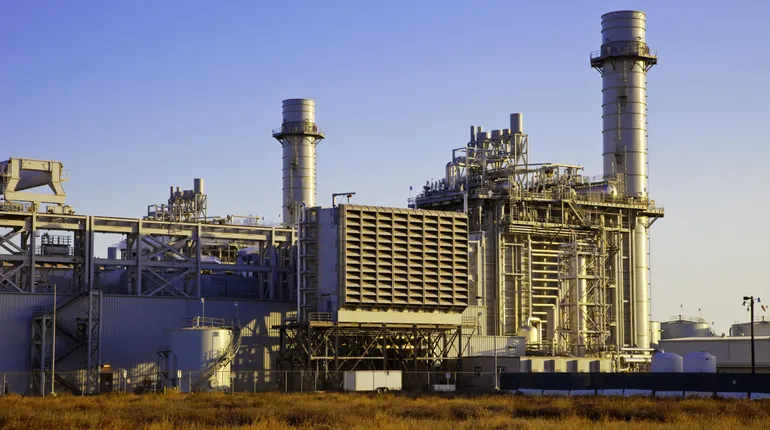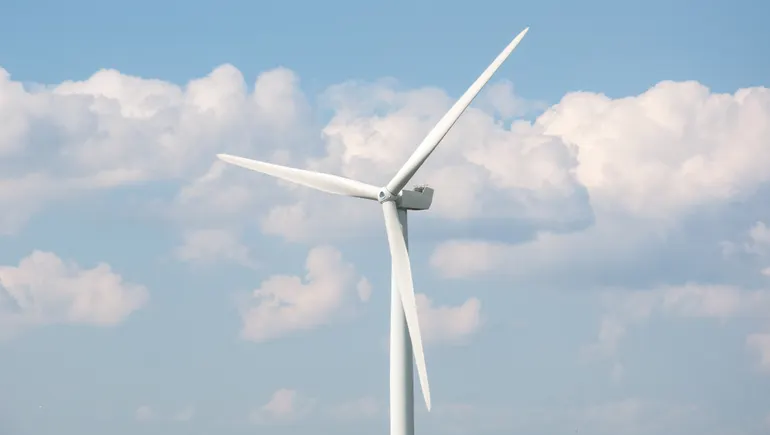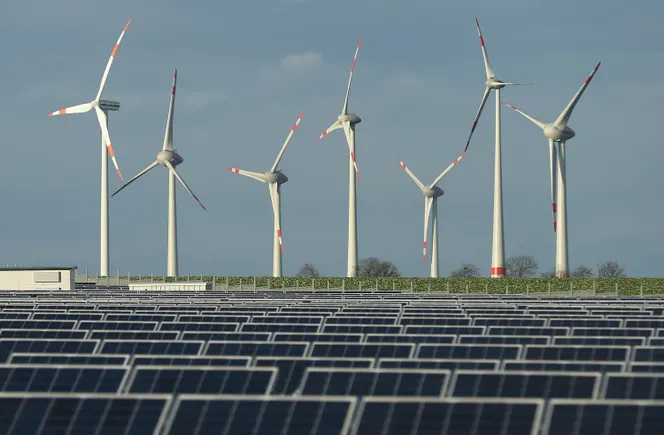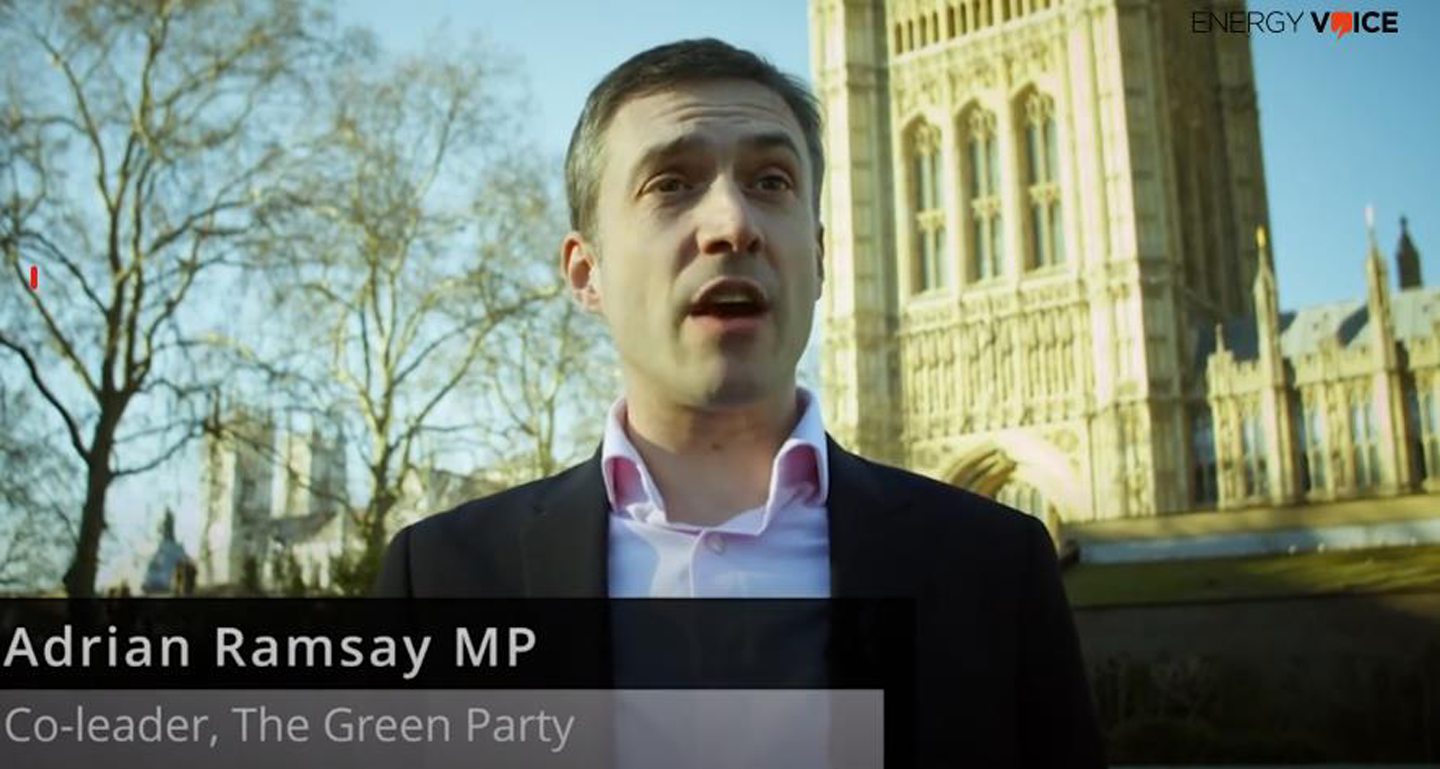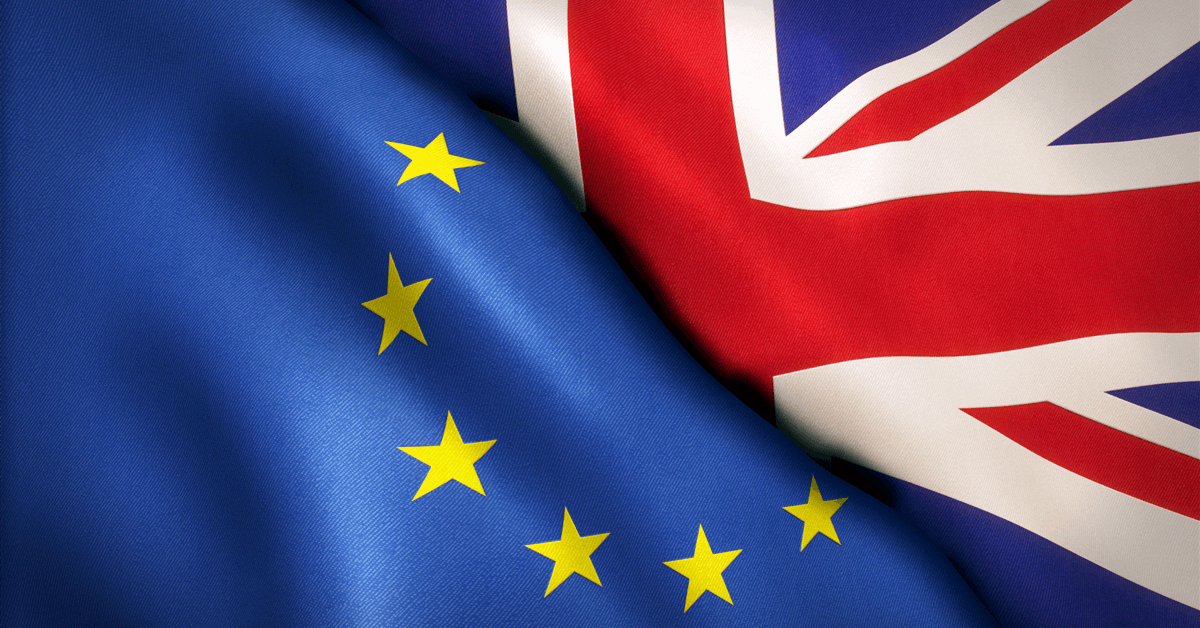
The UK and European Union entered a new era of climate cooperation by pledging to link their carbon markets to avoid trade levies and reset post-Brexit relations.
The move comes as part of Monday’s UK-EU summit, which aims to improve relations five years after Britain left the bloc, according to a deal laying out a “common understanding” between London and Brussels.
Tying the two carbon markets together would avert border levies on imports of products like steel and cement from places with less strict CO2 policies. It’s also expected to boost liquidity in the market for carbon permits.
“This would be a significant step in reducing trade frictions in steel with the EU, our biggest export market,” said Frank Aaskov, director for energy and climate change policy at UK steel. “It also eliminates the risk of costs from the EU carbon border adjustment mechanism, where the burden particularly falls on SMEs.”
UK carbon futures rose as much as 8.4% to £52.40 a metric ton, before paring gains slightly. The equivalent EU contract declined 1% to €70.06.
The spread between CO2 prices in the UK and the EU diverged post-Brexit after the bloc put in place strict rules to meet its goal of cutting emissions by 55% by the end of the decade from 1990 levels. Earlier this year, the gap between the two widened to over €40 ($44.74) per ton of CO2, before shrinking to a two-year low of less than €10 as UK permits rallied on speculation of linking markets with the EU.
For both sides, the clear benefit is easier trade of carbon-intensive goods as they put in place levies to shield their companies from cheap, CO2-intensive competition from abroad. For the EU, linking carbon markets is a relatively easy way to boost post-Brexit cooperation, and could help the continent with its own emissions-cutting ambitions, including through the use of carbon capture and storage in the UK.
The UK launched its own system after exiting the EU and it’s unclear how long it will take to re-link, although they share a similar design. The deal does not lay out a timeframe, but it could take a number of years. It will require Britain’s carbon market to be “at least as ambitious” as the EU’s, according to the deal.
Closer cooperation between Britain and the EU on climate policies comes amid an upheaval in global trade triggered by US President Donald Trump’s tariff war, while his administration is also slashing environmental regulation. The EU has made rolling out carbon markets globally a key pillar of its climate diplomacy.
“Despite the wider headwinds affecting global trade, there are still gains to be had from closer trading relationships between like-minded partners,” said Vikram Balachandar, a manager at Frontier economics. “It will bring cost savings to UK and EU industry from a more consistent carbon price signal and a much deeper market.”
The UK and the EU bridged key differences in areas such as fisheries and food checks to seal a wider agreement. The two sides also agreed on a defense and security partnership and a joint statement reaffirming their alliance amid geopolitical uncertainty.
Talks have focused on aligning the regulatory standards of both jurisdictions and the role of the ECJ, which the EU set as a prerequisite for linking their emissions trading systems.
Industry has been calling for greater cooperation on climate and energy issues. The common understanding includes provisions for exploring the possibility of the UK participating in the EU’s internal power market.
The UK left the EU’s single market after Brexit and although power still flows across interconnectors, the trading arrangements are less efficient than if the zones were connected. Britain’s day-ahead power market isn’t linked to Europe and has two auctions split across two exchanges.
“Closer integration between the EU’s Internal Energy Market and the UK market is not only technically feasible, but essential to unlock affordable energy for industry and households and to secure our decarbonization goals,” said Kristian Ruby, secretary general of Eurelectric, an industry lobby. “The time is now to pave the way for efficient electricity exchanges.”
WHAT DO YOU THINK?
Generated by readers, the comments included herein do not reflect the views and opinions of Rigzone. All comments are subject to editorial review. Off-topic, inappropriate or insulting comments will be removed.
MORE FROM THIS AUTHOR
Bloomberg







